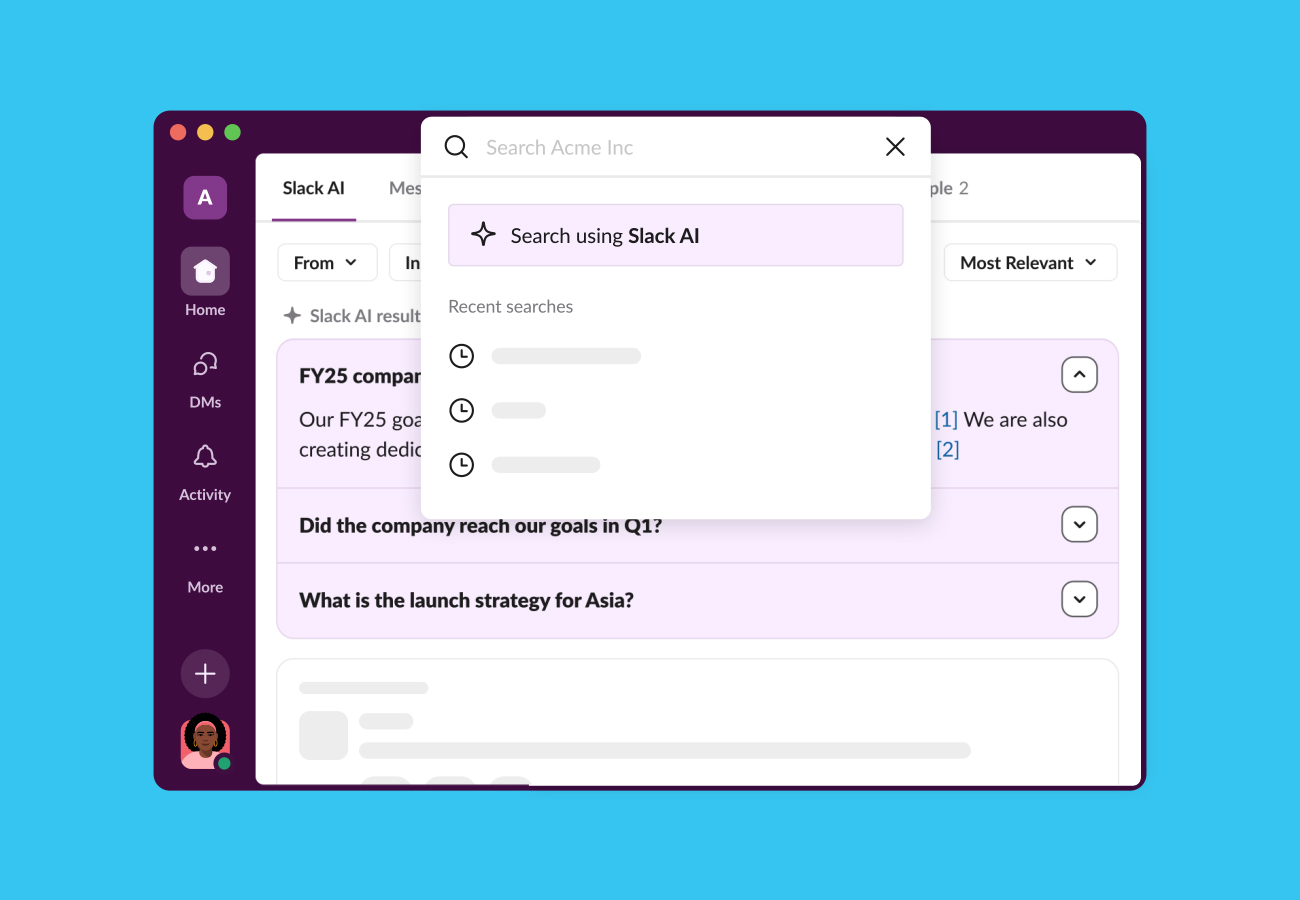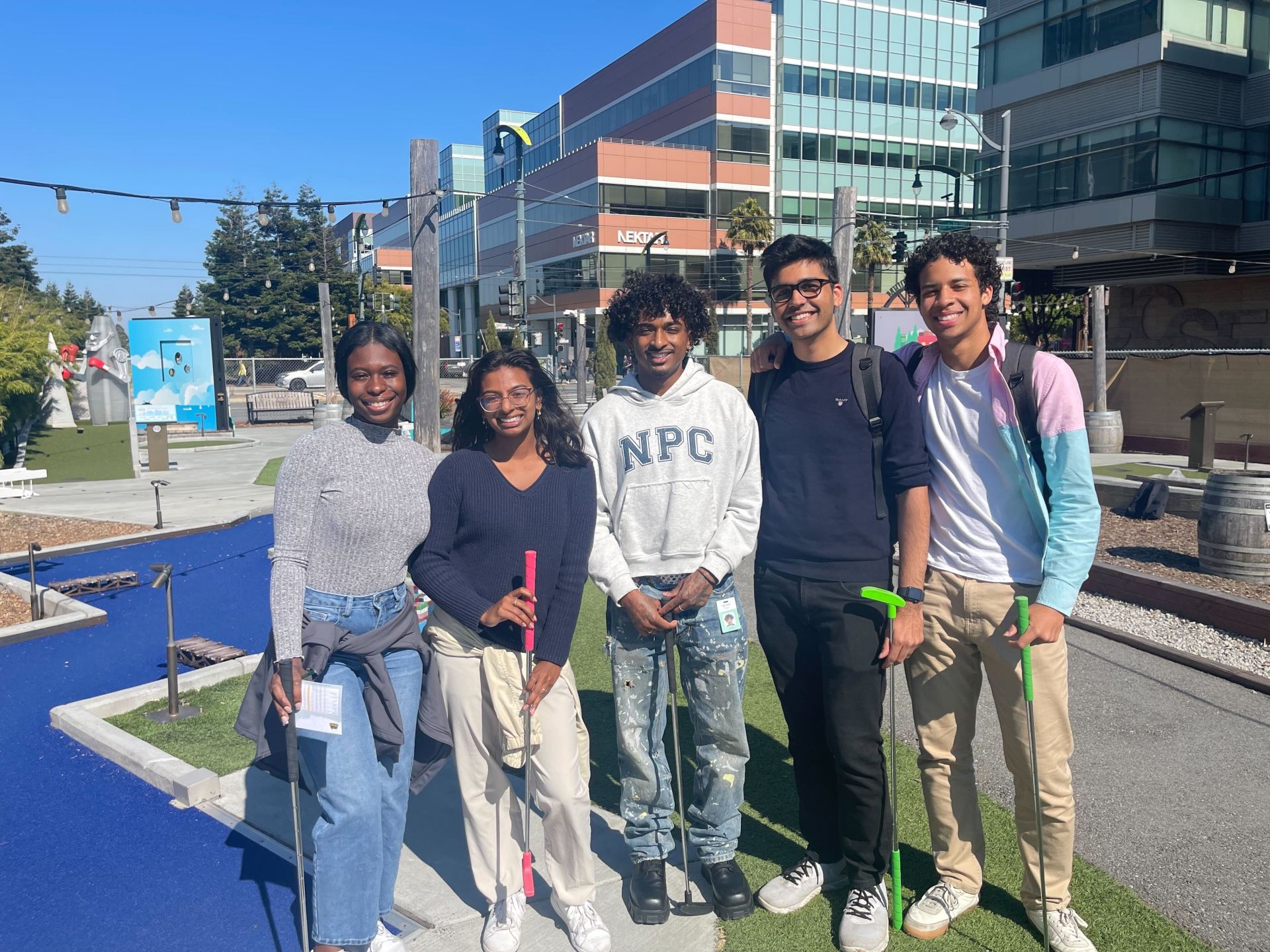Internships are a great opportunity for companies to invest in great talent and train future engineers. It is important to prepare a good mentorship plan for the interns, so that they make the best use of their time and acquire experiences that will help make them full-time employees in the future.
The first step is to assign a mentor (or mentors) to onboard and support the intern. The mentor helps the intern to both grow and make progress on an impactful project. So the question is: What does a mentor need to do to make the internship a successful experience?
It is important to plan and be intentional about the internship. It only takes a few simple steps to make this mentor-intern process successful.
Planning
Planning ahead is the key to everything! It gives the intern a confidence boost when they see that their mentor has a solid plan for them. To come up with a good plan you need to answer the following questions:
- What is the project that the intern will be working on?
- Is the project estimated to complete before the end of their internship?
- Does the project cover different learning opportunities for the intern?
- By the end of the project, what kind of experience is expected for the intern to have acquired? (E.g. full-stack, backend, or infrastructure)
- What kind of learning and onboarding resources does the intern need to be able to start working on the assigned project?
- How will you measure and evaluate the success of the intern?
- If multiple mentors are going to support an intern, how will they sync with each other? How will they avoid confusion for the intern on how and when to communicate with each mentor?
Intern timeline
A helpful resource that — if done properly ahead of time — would make the process go more smoothly is to build an intern timeline. This timeline will include the expected milestones for the intern throughout their whole internship, from start to finish.
Chunk the timeline into milestones; for example, over a 12-week internship, you might have these milestones:
- Milestone 1 (2 weeks): An onboarding and learning phase that could include some minor tasks to help the intern get comfortable with the flow of work.
- Milestone 2 (1 week): Project handover and tasks discussion.
- Milestone 3 (6 weeks): Project work completion.
- Milestone 4 (2 weeks): Project review, bug fixes, and enhancements.
- Milestone 5 (1 week): Demos, internship wrap-up, and evaluation.
Project breakdown
An intern is not expected to make major architectural design decisions, or work on a project that is not already planned properly. That’s why a good project for interns needs to be:
- Very well documented.
- Broken down into tasks (especially for the core requirements).
- Specified such that each task contains as many details as possible, so that the intern has a good idea about how the implementation is expected to go.
Of course, some ambiguity will show up, and there will be discussions while working on the project. While this is a good experience for the intern, it’s a good idea to minimize this ambiguity as much as possible.
Execution and support
Throughout the entire internship, it is important to know how and when to support, while also giving the intern the chance to be creative and work independently. So how do you balance the support with autonomy? The answer is: phases of support.
- Phase 1: Close monitoring and daily sync. This is the starting point with the intern until they are aligned with the plan and what is expected of them. This phase could encompass the first two milestones, and possibly extend to more than that depending on the intern and how proactive and comfortable they are with their current tasks. If they are able to ask questions and complete tasks without close guidance, they could be ready for phase 2.
- Phase 2: Loose monitoring, and syncing every few days. This is where more trust is given to the intern, allowing them to do things independently.
- Phase 3: Loose monitoring, and syncing as-needed. At this point the intern knows when they are stuck and how to seek help. The intern should still send updates on the status of their work every week, and attend necessary meetings as other engineers do.
Motivation and feedback
The mentor should help motivate the intern, and provide feedback to ensure they keep developing:
- An intern is at the start of their career, and they need all the positive push and guidance to help them grow and become great future engineers.
- Failing to motivate the intern or recognizing their strengths and achievements could affect their confidence in what is potentially their first experience with a work environment.
That’s why it is important to set points after each milestone to recognize their accomplishments and give them constructive feedback that could help them do better in the next milestone. The key is to make sure recognitions are public, while constructive feedback is private.
Wrap up and lessons learned
Whether the intern’s project was completed or not, it’s important to wrap up their work in a way that provides closure, and to have them review what they’ve learned.
It’s also a good idea to get feedback from the intern, to help the mentor to improve and to make the experience better for future interns.
How would a successful internship benefit the mentor?
When a mentor is able to give a successful experience to interns it will not only benefit the intern but also benefit the mentor:
- The mentor will be able to strengthen their leadership skills and be more aware of usual and unusual situations that could come up when mentoring different types of people.
- The mentor will be able to get a better sense of time-management skills and how to calibrate time according to the engineer’s experience level and productivity.
- A successful mentorship benefits the whole team, and everyone becomes more productive.
In conclusion, mentoring an intern is a great opportunity. If planned and supported well, these interns will become great engineers. Make sure this process is as smooth and rewarding for both the intern and the mentor.
Interested in taking on interesting projects, making people’s work lives easier, or just building some pretty cool forms? We’re hiring! 💼 Apply now




